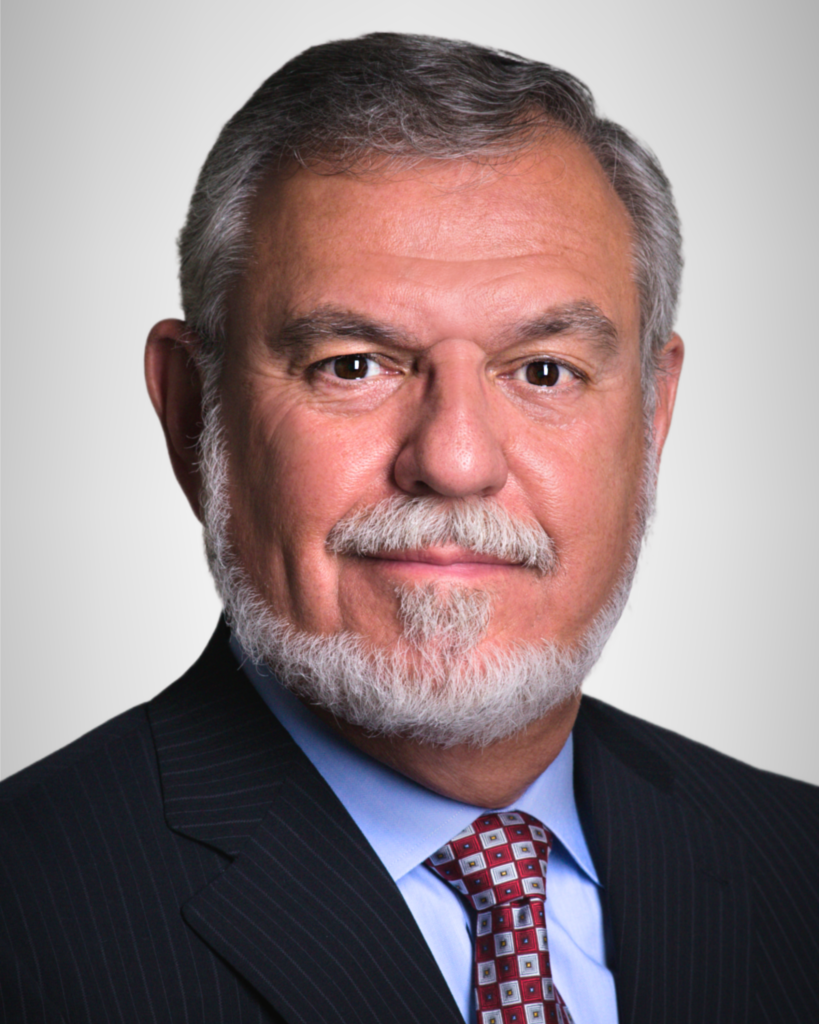
The following are responses from Wayne Outten, who co-founded Workplace Fairness in 1993.
Outten is Chair and Founding Partner of Outten & Golden LLP, an employment law firm with offices in New York City, San Francisco, and Washington, D.C. He continues to support Workplace Fairness (WF), a non-profit for workers’ rights, as its president and by regularly sponsoring events.
Decades after its founding, Workplace Fairness continues to champion workers’ rights by advocating and empowering individuals with information.
1. Why did you create Workplace Fairness?
In March 1985, I was a founder of the National Employment Lawyers Association (along with several other employee-side attorneys); our leader was Paul Tobias (of Cincinnati) who became a very close friend.
NELA was and is a bar association of and for lawyers who represent employees. It now has several thousand members and is a very substantial and powerful bar association.
After the early years of building and institutionalizing NELA as a bar association, Paul and I began discussing the creation of a not-for-profit organization focused on educating employees about their rights.
Our perception was that most employees had little knowledge about their rights and had little opportunity to learn about their rights — due to a paucity of information available to them that was written for laymen (rather than lawyers). And our view was that such information not only would be useful to employees but also would help empower them to enforce their rights.
Thus, we started the National Employee Rights Institute in 1993 as a California not-for-profit corporation with the mission to educate employees about their rights and to advocate for the expansion and enforcement of those rights. NERI got a $10k seed-money grant from NELA (both Paul and I were still on the NELA Board then); The initial board consisted entirely of NELA lawyers.
About 2000, NERI changed its name to Workplace Fairness.
Originally, NERI pursued its mission by publishing pamphlets, articles, and books on employee rights. This includes a very substantial book on the rights of federal employees (which is still in print), as well as co-sponsoring / co-publishing the first and only law journal focused on employment law from the employee perspective (which is still being published, although no longer by WF).
Of course, writing, printing, and distributing hard copies of publications was slow, expensive, and inefficient; but we did the best we could with our limited resources.
About 2000, we realized that we could achieve our mission far better by creating, building, and sustaining a website devoted to providing free, comprehensive, up-to-date, jargon-free information to employees about their rights through the internet. That is what WF continues to do today.
2. Since co-founding Workplace Fairness, have your interests in workers’ rights and advocacy changed? If so, how?
My interests have evolved from trying to enforce and expand employee rights through my own efforts representing individuals one-by-one to a more impactful approach. I came to realize that leveraging is important – finding ways to expand and enhance the impact you are having.
We did that in Workplace Fairness by switching to an internet-based method of distributing information more readily to more people, thereby multiplying our impact. Through involvement in NELA (and NELA/NY), I and others were able to help other lawyers be better advocates for workplace rights and to be better lawyers representing their clients.
In addition, we were able to build institutions that have much more impact on public policy and legal developments than we could have individually – institutions that will outlast us as individuals.
Further, I was fortunate to have the opportunity to found and build an excellent employee-side law firm (Outten & Golden) that has the talent, resources, and infrastructure to have a major impact on the development and expansion of employee rights through enforcement of the rights of employees through advocacy, negotiation, and litigation, as well as through its collective influence on public policy and development of the law.
That firm will have an impact long after I am no longer on the field as a practicing lawyer.
3. Why do you continue to sponsor Workplace Fairness? What would you say to encourage others to sponsor as well?
I continue to sponsor WF because it is having a positive impact on the lives of people.
WF is making a difference in people’s lives by providing the most comprehensive, up-to-date source of easily understood information for employees. No one else is doing that job.
And WF is doing all that with relatively modest resources; those who support WF’s work are getting “a lot of bang for the buck.”
About the Author: This blog is Wayne Golden’s responses to questions asked by Workplace Fairness’ legal content coordinator, Madeline Messa.
To support Workplace Fairness and its efforts to inform and empower workers, consider making a donation or becoming a sponsor.

